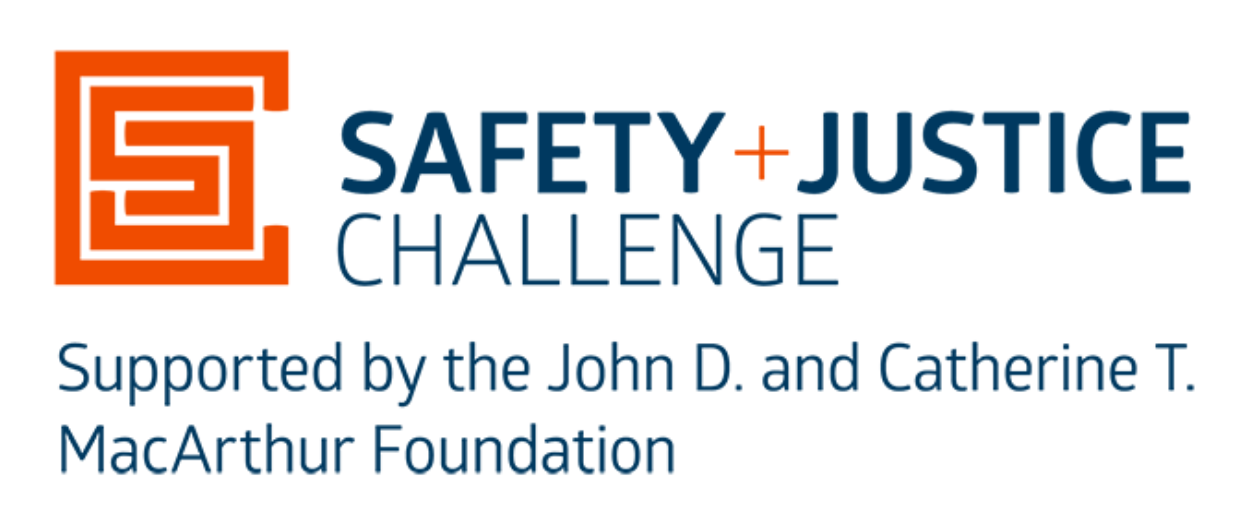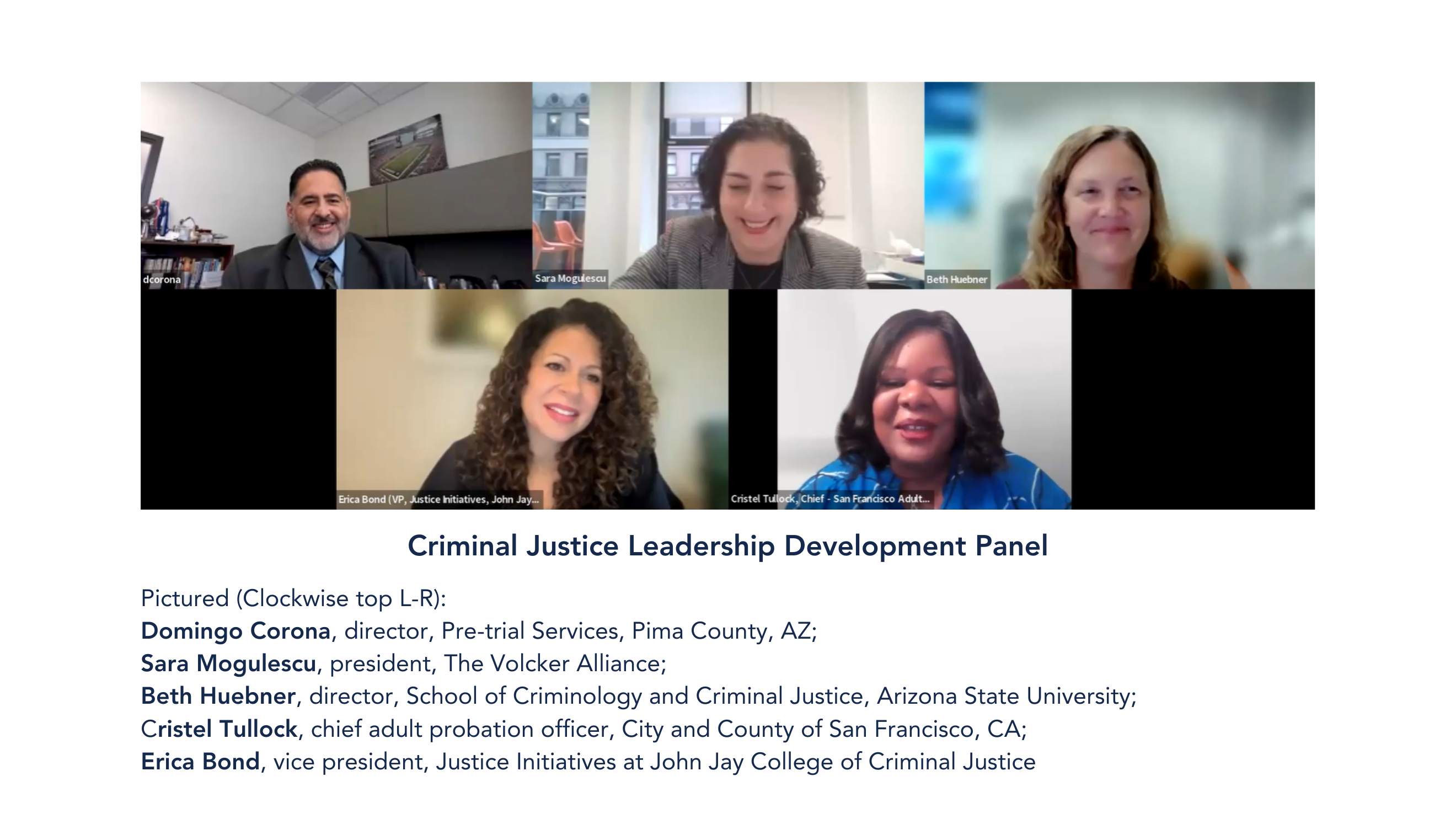Future Leaders Network
Future Leaders Network
Supported by the John D. and Catherine T. MacArthur Foundation, the Safety and Justice Challenge (SJC) Future Leaders Network aims to assemble a leadership pipeline of underrepresented criminal justice talent by targeting each stage of the employee life cycle—from entry level to mid-management to leadership.


The John D. and Catherine T. MacArthur Foundation’s Safety and Justice Challenge (SJC) is reimagining and rebuilding local criminal justice systems—reducing jail incarceration and increasing equity for all. To solidify the impact of this initiative, the Foundation is investing in the future of the criminal justice workforce.
Nationwide, over the past five years, the number of criminal justice job openings has nearly doubled while the number of applications has fallen by half, with an even higher drop in applications at leadership levels. Further, the people with authority to influence state and local criminal justice policy are racially homogenous. Black applicants are hired at substantially lower rates than White applicants; once referred to an interview, Black women are half as likely to be hired than White men. It proves equally, if not more difficult, to retain rising leaders of color.
Supported by the MacArthur Foundation, the SJC Future Leaders Network comprises a range of cutting-edge leadership development programs focused on criminal justice administration and advancing racial equity.
Principles
The SJC Future Leaders Network is grounded in six core principles:
1. For government to deliver effectively, its leaders must be representative of the people and communities they serve;
2. Individuals who hold lived-experienced in the criminal justice system are pivotal leaders who understand the system and its impacts in a way that no one else does—and we must work with an intention to include them;
3. The lessons, resources, and communities developed through the SJC have enduring value for developing the workforce and catalyzing progress in the field;
4. When it comes to professional development, networks are invaluable;
5. Training and skill-building can take many shapes and forms; and
6. People are powerful conduits of change.
Leadership Development Programs
Partners in the Future Leaders Network aim to assemble a leadership pipeline of underrepresented criminal justice talent by targeting each stage of the employee life cycle—from entry-level to mid-management to leadership.
Early-Career Internships: This program will provide undergraduate students—candidates for bachelor’s and associate degrees—with a deep understanding of criminal justice reform and meaningful opportunities for professional networking.
SJC Fellowships: The SJC Fellowship program will equip recent graduates with the skills and networks needed to succeed in criminal justice management. Fellows will receive full tuition or gap coverage to pursue a master’s degree in criminology, criminal justice administration, or public affairs. Upon completion of their degree, Fellows will commit to two years of criminal justice work in the public sector.
SJC Promote: This innovative program will invest in the retention and advancement of underrepresented professionals in criminal justice administration. This program will engage both mid-level managers who want to pursue executive leadership positions and agency leaders who seek to strengthen professional development offerings.
SJC Talent Consortium: The Consortium will be a pioneering criminal justice talent “marketplace” comprised of private organizations and government stakeholders committed to strengthening and diversifying the criminal justice talent pipeline.
Early Partners in the SJC Future Leaders Network

